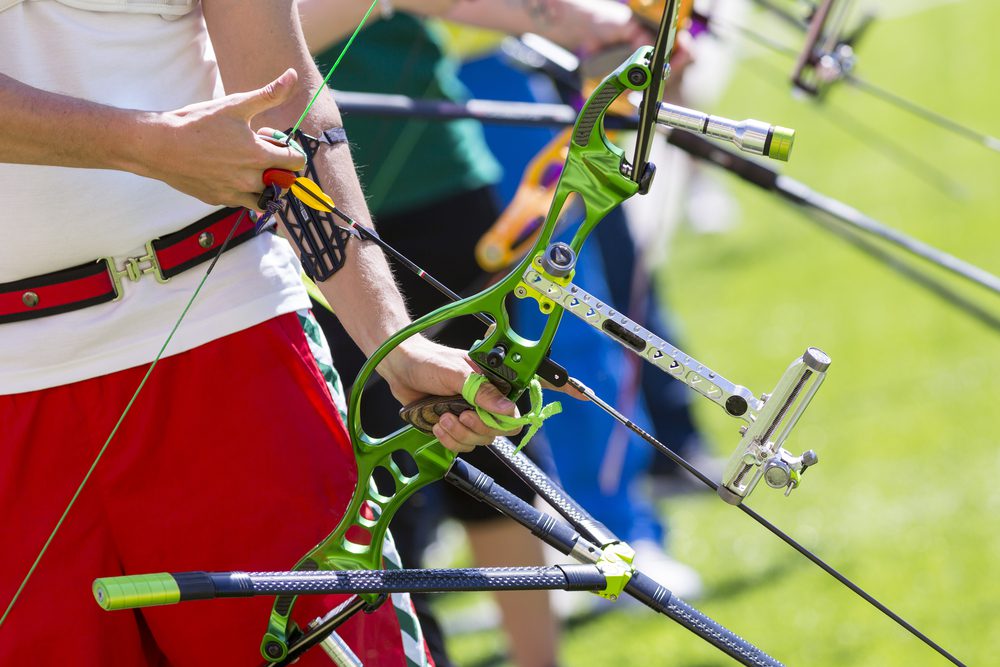Exploring the Legality of Crossbows in the UK
The UK’s stance on crossbows is one of measured allowance, shaped by historical, cultural, and legal factors. Crossbows, often seen as a relic from the past, still hold relevance in modern recreational activities, sporting, and even in certain aspects of self-defense. However, their legality comes with strict stipulations and regulations.
The Historical Context of Weaponry Laws
The United Kingdom has a long history with various forms of weaponry, crossbows included. From their use in medieval warfare to modern-day sporting, crossbows have been both demonised and normalised throughout history. Their legal status has evolved, reflecting the changing societal norms, advancements in weapon technologies, and shifts in cultural attitudes towards weapons and violence.
The Shift to Modern Regulations
Crossbows Act 1987 is a significant legal framework in this discussion. Introduced in the latter part of the 20th century, it came into existence to regulate and control the ownership and use of crossbows in the UK. Before this, crossbows were somewhat in a legal grey area, where their possession and use were not directly addressed by the law.
“The Crossbows Act 1987 requires that individuals must be over 18 to purchase a crossbow which has a draw weight of 1.4 kg or more, effectively classifying crossbows as potentially dangerous weapons.”
This age restriction is a recognition by lawmakers of the potential harm crossbows can cause, categorising them alongside other age-restricted items, ensuring only responsible adults purchase and handle them.
Legal Specifications and Ownership
While crossbows are legal in the UK, their ownership and usage aren’t unrestricted. The law specifies measures to prevent misuse, thus protecting society at large. Here’s what the current legislation entails:
- Individuals must be 18 years or older to purchase or possess a crossbow.
- It’s illegal to carry a crossbow in public without a reasonable excuse, such as transporting it to and from a shooting range or for theatrical purposes.
- Selling a crossbow to a person under the age of 18 is a criminal offense.
- Using a crossbow to harm or threaten another person is strictly prohibited and punishable by law.
Regulations on Usage
Beyond ownership, the UK laws also impose regulations on where and how crossbows can be used to ensure public safety and order. For instance, using crossbows for hunting is highly regulated, and in most contexts, illegal. This stands in contrast to other countries where crossbows are a standard hunting tool.
Societal Perspective on Crossbows
The societal outlook on crossbows and other weapons is complex, often influenced by factors such as public incidents, media portrayal, and cultural heritage. The UK’s strict gun control laws post-Dunblane massacre reflect the nation’s stance on weapons. However, crossbows occupy a unique position in this discourse.
Cultural Significance vs. Public Safety
For many, crossbows are part of the UK’s rich historical and cultural tapestry. They are featured in historical reenactments, traditional ceremonies, and competitive sports. This cultural significance perhaps contributes to their continued legality.
“While the UK maintains one of the strictest stances on gun laws globally, it acknowledges the cultural and recreational place of crossbows, thus permitting their regulated use.”
Yet, there remains an undercurrent of concern. Stories of crossbows used in crimes, though infrequent, create a public safety dialogue, compelling lawmakers and activists to contemplate tighter regulations.
The Safety Measures in Place
Recognising the potential dangers of crossbows, several safety measures and best practices are advocated by sporting and recreational organisations across the UK.
Education and Training
Promoting the safe use of crossbows, institutions often emphasise the importance of proper education and training. They advocate for responsible handling, secure storage, and the reinforcement of legal knowledge among crossbow enthusiasts and sellers alike.
Public Awareness
Beyond direct users, there’s a public awareness component. Campaigns and informational sessions help inform the public about the legalities and safe practices surrounding crossbows, aiming to prevent accidents and misuse.
Conclusion: A Balanced Approach
The legality of crossbows in the UK is a balance between respecting historical significance, recreational use, and ensuring public safety. By placing age restrictions and usage regulations, the UK acknowledges the potential risks associated with crossbows without entirely stripping away the rights of enthusiasts and sportspeople.
This balanced approach, however, requires continuous dialogue, reassessment, and public education, ensuring that the laws governing crossbow use and ownership in the UK are in the best interest of public safety and cultural preservation.
